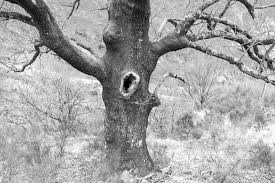
The slatted risers of the stairs threw barred shadow lines on Shanku. He looked at the nervous interaction between Kunjachan and the security guard. Shanku doubted Kunjachan’s confidence. He had claimed that neither guards nor cameras surveilled the building. Then, where did this guard come from? Kunjachan’s big talk now sounded plain trash.
Ayyappan propped up his bicycle on the kickstand and advanced towards Kunjachan, “You are Kunjachan, the guy who operated that toilet up the road, right? Pappi and I were thickest of chums.”
“Oh yeah Pappi. So you have been working here for a long time?”
“I am here with Josekutty for two years now. I used to be a regular customer at the toilet. Pappi permitted me at night to use the toilet to have a few shots”, Ayyappan winked, ” I used to gulp down brandy, squatting on the same toilet pan into which I shitted in the morning”, he said and guffawed with partially shut eyes.
Kunjachan studied the diminutive man who shambled before him. Dark saggy circles hung under his bloodshot eyes.
“How is the security job”
“Tough job. And the pay is not anyway near enough.They have many properties here. I just have to ply around, kinda night patrolling. I don’t have to stick to a particular property.”
The bit of information was great relief to Kunjachan. He now knew why he failed to notice the guard during his reconnaissances.
Shanku detested the building, and its gloom dragged him into a clammy pit of blind dejection. He struggled to find the source of his apprehension – the building or the pale face. The diseased grimace of the shape that lurked behind the leaves remained stuck in his mind. The clarity of the vision refused to fade out. Did the face portend dark days? A hellfire or a rapacious earthquake; some unfathomable catastrophe.
Ayyappan took the keys from Kunjachan, sat on his haunches near the padlock that secured the roller shutters, jerked the key into the lock, and twisted the key. The padlock clicked open. With a clank, Kunjachan hauled the shutters overhead and revealed a hall daubed with scabby green paint. It stank of oppressive dampness. All the three men stepped into the wide room crammed with heaps of broken furniture, stacks of stained glass panes and sheaves of yellowy newspapers. A cave riddled termite hill infested with colonies of squirmy pale insects nestled at one corner. Behind the main hall, lay a kitchen lined with a continuous ceramic tiled counter buttressed by intermittent concrete columns. The bathroom that adjoined the kitchen had rusty faucets, cracked tile flooring, and was flanked by walls smeared with slimy black mold. Close to the warped door that opened into the backyard, a charcoal fired baking oven perched at the far end of the kitchen. Viscous soot covered the cavernous mouth of the brick lined oven.
“Two years back, a guy from Kottayam ran a bakery out of this place and died here.”
Shanku recoiled at the word, “Died?”
“Right here. His belly ballooned like it was pumped up with gas. The poor guy thought it was acidity, but tough luck, it was tumor. Stomach full of mushrooming tumor. He dropped dead, puking blood on his vanilla Christmas cake. Vanilla sponge turned red velvet. And a nice cherry stuck under his nose”, Ayyappan doubled over and let out a shrieky laughter.
Muscles on Shanku’s back and arms twitched. He ground his teeth, and itched to grab the disgusting guard, ram him against the wall and smash his crooked jaws. Outside, as employees and customers arrived at the pawnshop, motor vehicles whirred and the staircase rattled.
Ayyappan said, ” I too have my own stomach issues. The herbalist says a mixture of country arrack, turmeric and dried ginger can cure it for good. Those prohibitionists bastards shut all arrack outlets nearby. ” The guard kicked open the door that led to the backyard and white sunlight poured in. “What will a poor old guy like me do. I can always take the help of friends like you to fetch some. Don’t think it’s proper though. Maybe like the baker, I will die of the damned stomach ache.”
Kunjachan smirked, trudged towards the guard and whispered. ” You are a lush son-of-a-bitch”
“And you sired the bitch, granddad”, said Ayyappan.
Kunjachan and the guard clung to each other and burst into uncontrolled peals of laughter.
Kunjachan said. “I will drown you and your bloody herbalist in arrack”
“Then better make it tonight. Can’t wait to die”. More booms of hysterics ensued. Kunjachan and Ayyappan sounded like long lost brothers. Through the glare in the backyard, Shanku looked at the wild jack tree. The hole on the trunk resembled a maw ready to devour.
The partners purchased supplies for their new accommodation. They bought mattresses, rice, flour, a tool kit of drills and wrenches, and soaps and detergents. Since they had one more week to go for the festival, they put off the procurement of the heavy equipment required for the main job. Kunjachan said to Shanku, “I will handle that guard drunkard. Doesn’t seem to be a problem. Everything is in control. Good going”. The usual chest thumping, thought Shanku.
For the small party they had promised Ayyappan, they got two bottles of Hercules brand rum, a case of soda, fried veal and biriyani. Kunjachan’s plan was to gather information by getting Ayyappan to talk. At night, Shanku, Kunjachan and the guard congregated around the liquor bottle. Shutters were drawn. Over sheets of newspapers spread on the floor, under the dim lit kitchen lights, they sat cross legged. Through the faint shadows cast by the lights, Shanku looked at the fissured ceiling. The humid weather compressed the air around them and forced streams of moisture to break out of their bodies. They smelled each other’s sweat.
Kunjachan took swigs from the rum bottle in quick succession. Into his stomach, undiluted liquor burned its way down. Ayyappan seemed even more enthusiastic. Like a dry sponge, he guzzled the rum.
He said, “Josekutty is a maggot who feeds on Lijo. ”
“Then why does he keep him”, said Kunjachan, slumped against the base of the oven.
“Oh. Lijo gets to f*** the bugger’s busty wife when he lands on vacation. Good deal.”
After they drained the bottle of rum, Kunjachan brought out a few homemade marijuana cigarettes. Outside, the wind screamed through the air and flung the backdoor open. The cold draft of wind gave them a slight relief from the weariness of the humidity. The smell of impending downpour dillydallied. The men savored the intoxicant and walloped in the sedative scent of the drug. They milled around the backyard; enjoyed the strange cold. Kunjachan took a few drags out of his cigarettes and settled under the hole of the wild jack. Shanku sat at the base of the metal staircase, and watched Kunjachan mired in the fog belched by the tree hole. Behind the branches of the wild jack, the moon struggled against the enclosing clouds. The drug flustered Shanku’s digestive track, and he threw up whatever he had consumed. The bitter taste of bile rinsed his mouth. While the wind hollered around him, Shanku spiraled into a confused sleep.
He opened his eyes : the pale womanish face grinned at him from the hollow of the wild jack tree.
Shanku woke up to the early morning chirps and stink of droppings. The taste of bile still remained stuck under his tongue. He reeked of vomit. Kunjachan brushed his teeth with activated charcoal and rivulets of black spittoon streamed from the corners of his mouth. He washed himself, and sat on the third runner of the stairs, beside Shanku. By then, Ayyappan had left. Shanku’s head ached like it was about to splinter.
“We went slightly overboard last night. Dunno how my palate got scarred, it was bleeding when I woke up.” said Kunjachan
Shanku looked past Kunjachan at the hollow of the tree. The shape of the hollow had altered – appeared no longer oval but round. Did he imagine things? Or did he lose it altogether? The hollow might have been round in the first place. What now? The building might burgeon into a skyscraper and the flight of stairs might crawl up with it. Jack and the bloody beanstalk. Yes, things worked out this way in this cesspool . Shanku wanted to tell his partner about last night’s weed induced dream. What had transpired in his head or in the haze of the night. But he didn’t want to sound stupid prattling on about a bogeyman that hid behind leaves and inside tree holes. Or bogeywoman.
Before people frequented the pawnshop,the duo cleared up the backyard. For the last few days, with the intention to study its routine, Kunjachan kept an eye on the pawnshop. The number of customers that visited the shop, the number of employees and their activities. The backyard was spread with gravel- grayish white grits. Trees, shrubs and occasional clumps of thistles lined the edges of the property.
Shanku and Kunjachan set out to arrange the equipment they required for the operation. Marydasan, another cousin of Kunjachan had arranged everything with different people, all shady characters. In the midst of their cross country rides, Kunjachan said, “I have Ayyappan in my firm grips. No trouble from his end”. In silence, Shanku listened. What firm grips? Brother Kunjachan failed to find about the guard in advance. And now he talked about firm grips to keep his guilt under control.
On the way back, from a roadside eatery, they bought fried chicken sauted in onions, parathas and a packet of paan. Ayyappan waited on the stairs and dozed off. Dusk fell when the partners returned. Humidity gripped the atmosphere and the vapor laden air flopped on the men’s bodies. Ayyappan was disappointed to know that the duo didn’t buy booze. They pulled the shutters close and settled down to have dinner in the main hall. The floor they sat on was paved with grainy cement tiles. From the nearby highway, the desultory rumble of trucks blared.
With gusto, Ayyappan launched into the friend chicken, and cracked open the slender bones. The spicy flavor watered his eyes, and to assuage the hotness, he blew into his tongue. While he ate, he forced mucus out of his nostrils and flicked the nasal fluid off his fingers into the floor. Kunjachan sat against the wall on the far side and picked his teeth. Shanku applied pickling lime on the betel leaf in quick vertical strokes. He scattered powdered areca nut and chewing tobacco on top of the leaves, wrapped the combination into a roll and inserted it into the corner of his mouth. As he chewed, the paan juice dissolved into his brain; gave him a sweet kick.
Ayyappan looked at Kunjachan and said with a smug smile, “Is your tooth solid gold? The false one.”
Kunjachan scraped at the tooth and said. “Kind of gold. Mostly copper, coated with gold. Why?”
“Good. You wouldn’t have lost much if that guy had plucked it out and ran away with it”
Kunjachan sprang up and rushed at the guard, “What guy. What nonsense you talking about”
In the wake of the revelation, Shanku stirred out of the gentle intoxication of the paan. In his mind, visions of the previous night flickered. The womanish face in the hollow. He remembered Kunjachan lying at the base of the tree trunk. So he didn’t see it in a dream. It was real. As he remembered, the vision emerged out of the haze. When it grinned at him, the pale thing had stooped down over Kunjachan. From the fractured memory, Shanku traced the thing’s blood red lips. The image was so coherent that a cold shiver tickled his nape.
“Last night, some guy shoved his hands into your mouth. You were dead asleep. Like a stone. I thought he was gonna snap your gold teeth and pocket it”, said Ayyappan, and he continued to chew his food.
Around Shanku’s head, a buzz hovered. A slow dizziness attacked him. The thing had shoved its hideous hands into Kunjachan’s throat. That was when he sighted it and it stopped, confused. Shanku doubted the veracity of the incident. But the repugnant guard had witnessed it.
“You reckless bastard. Why didn’t you wake me up”, Kunjachan towered over the diminutive guard who sat down and indulged in gastronomic delights.
“He understood that I caught him. He then simply disappeared into the darkness”, Ayyappan blew his nose and looked at Shanku. The despicable smile played on the guard’s lips.
“If I made a ruckus, he might have turned violent and slitted your throat. Who knows what these guys carry. Dagger, or a pistol. And Shanku was smiling at that guy. Like he was infatuated or something”
Shanku blew a fuse. He leaped towards the guard, held him down and jabbed him on his throat. In horror, Ayyappan shrieked. Shanku clambered over him, and punched him on his jaws. Kunchajan interposed himself between the two men, and utilized his powerful leverage to pull his partner away. Ayyappan writhed free from Shanku’s grip, staggered on his feet, and ran into the kitchen.
Trapped within the firm grip of Kunjachan, Shanku said, “Drunken codger. Kill you reekin f***er. How dare you say that”
Through the backdoor, Ayyappan rushed out the building.
“I don’t understand nothing. Who was that guy. Why is everything is so weird.” said Kunjachan and he kicked the pile of broken furniture heaped in the main hall. A plume of dust rose up into the air.
“Brother. All this is your plan.”
Kunjachan explored the interiors of his mouth. With uneasiness, he stared at the traces of blood that stained his fingers.
“I am calling it quits.”, said Shanku.
Through the open door, a draft of wind that stank of weeds gusted inside. Shanku felt good about the cold air. From beyond the grounds, the faint humming of an eerie tune drifted along with the wind. Shanku looked at the tree through the open door. Yet again, the hollow changed its shape to an inverted triangle.
*EXCERPTS FROM AN INCOMPLETE NOVEL
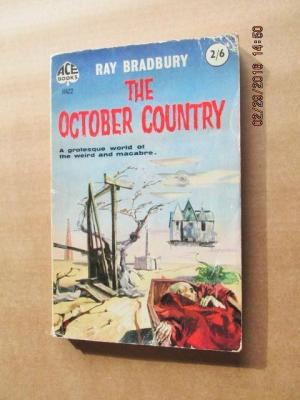

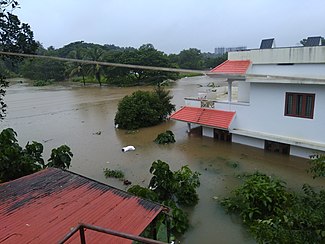

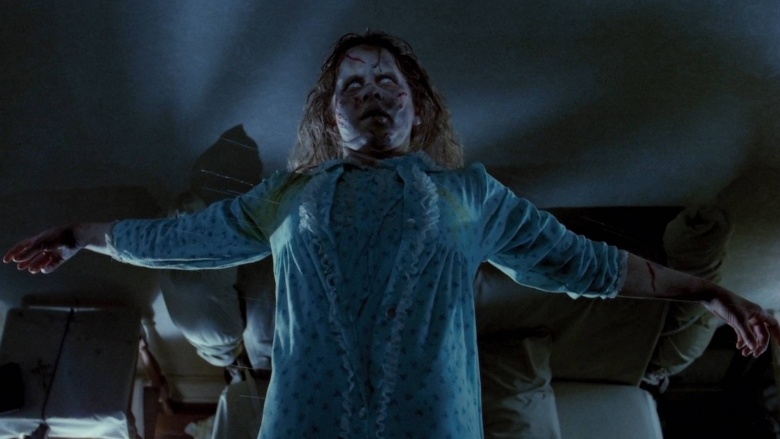
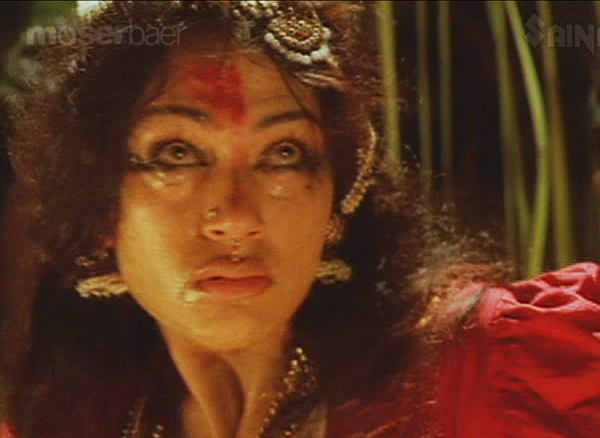
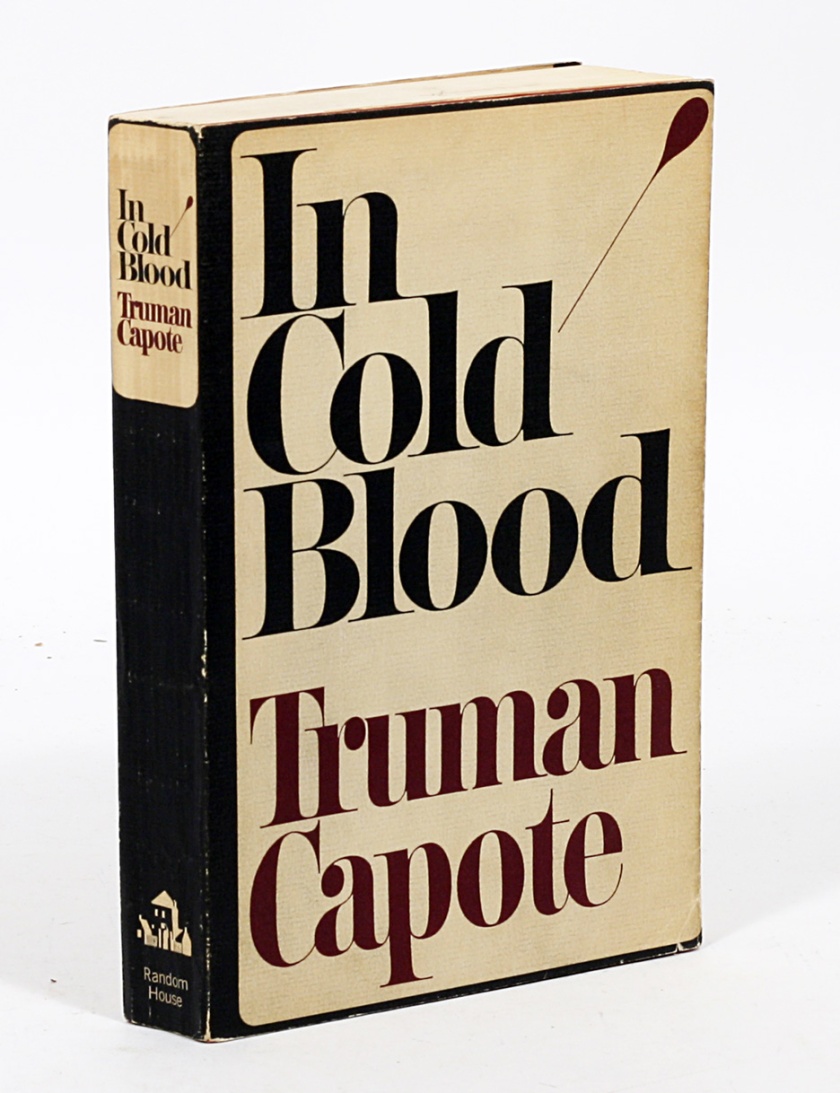 Ever since I had watched the movie Capote a few years ago, I wanted to read the book In Cold Blood. The movie focused on the author Truman Capote’s experience of writing the book, his friendship with Harper Lee and his associations with the men who would later appear as characters in the ‘nonfiction’ novel. More interested in the life of the author, the movie glossed over the heart of the book- the gruesome killing of the Clutter family in the early hours of the 15th of November, 1959 and its aftermath.During the late sixties and seventies, In Cold Blood made Truman Capote a household name in the United States. Until his death eighteen years after the book was released, Capote could not come out with another novel. Undoubtedly his most successful work, the book was predicated on the mass murder of a family of four at a Kansan farm.
Ever since I had watched the movie Capote a few years ago, I wanted to read the book In Cold Blood. The movie focused on the author Truman Capote’s experience of writing the book, his friendship with Harper Lee and his associations with the men who would later appear as characters in the ‘nonfiction’ novel. More interested in the life of the author, the movie glossed over the heart of the book- the gruesome killing of the Clutter family in the early hours of the 15th of November, 1959 and its aftermath.During the late sixties and seventies, In Cold Blood made Truman Capote a household name in the United States. Until his death eighteen years after the book was released, Capote could not come out with another novel. Undoubtedly his most successful work, the book was predicated on the mass murder of a family of four at a Kansan farm.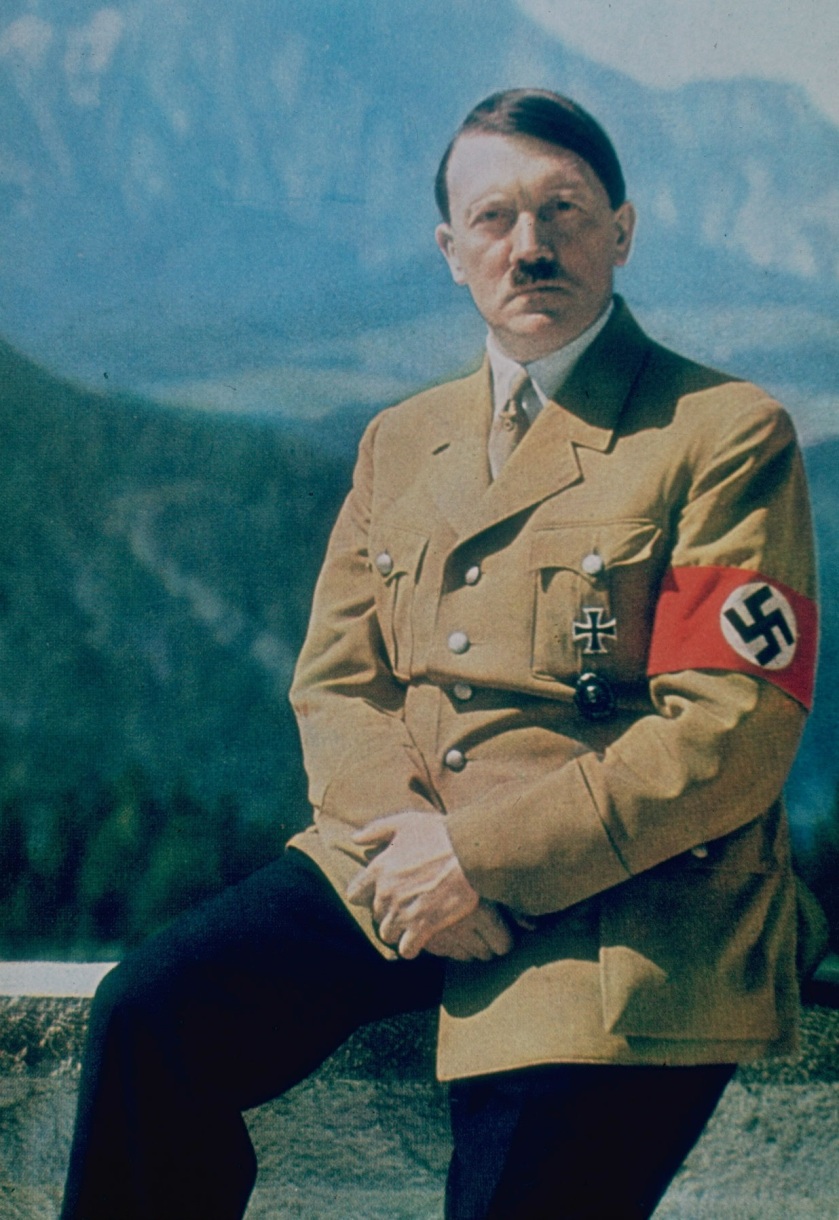 A classic is sometimes defined as a work whose primary perusal is a rereading. You are aware of Shakespeare’s Hamlet before you read the text. Karna and Joshua are ensconced in your mind prior to your study of the Mahabharata and the Bible. I would dub the Mein Kampf an anti classic. All readers are knowledgeable about the infamous work before they take the plunge.
A classic is sometimes defined as a work whose primary perusal is a rereading. You are aware of Shakespeare’s Hamlet before you read the text. Karna and Joshua are ensconced in your mind prior to your study of the Mahabharata and the Bible. I would dub the Mein Kampf an anti classic. All readers are knowledgeable about the infamous work before they take the plunge.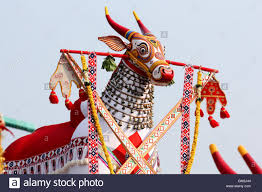
 The Collier’s Encyclopedia was my first window to the real world. I realized that the world described by parents and elders was fraught with inaccuracies. The volumes were encased in a black hardbound cover etched with a vertical gold line. The high quality American paper smelled of fresh ink. I perused an entry on the trial of Sacco and Vanzetti to encounter an obscure political concept- Anarchism. In 1920, at Braintree, Massachusetts, these Italian born American anarchists were accused of armed robbery and murder of two payroll clerks of the Slater and Morrill Shoe Company.
The Collier’s Encyclopedia was my first window to the real world. I realized that the world described by parents and elders was fraught with inaccuracies. The volumes were encased in a black hardbound cover etched with a vertical gold line. The high quality American paper smelled of fresh ink. I perused an entry on the trial of Sacco and Vanzetti to encounter an obscure political concept- Anarchism. In 1920, at Braintree, Massachusetts, these Italian born American anarchists were accused of armed robbery and murder of two payroll clerks of the Slater and Morrill Shoe Company.
